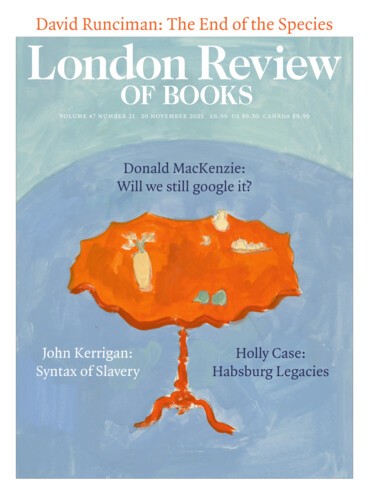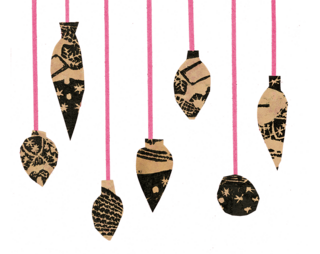The End of the Species
David Runciman
People are living longer than they used to. They are also having fewer children. The evidence of what this combination can do to a society is growing around the world, but some of the most striking stories come from Japan. For decades the Japanese health ministry has released an annual tally of citizens aged one hundred or over. This year the number of centenarians reached very nearly a...


